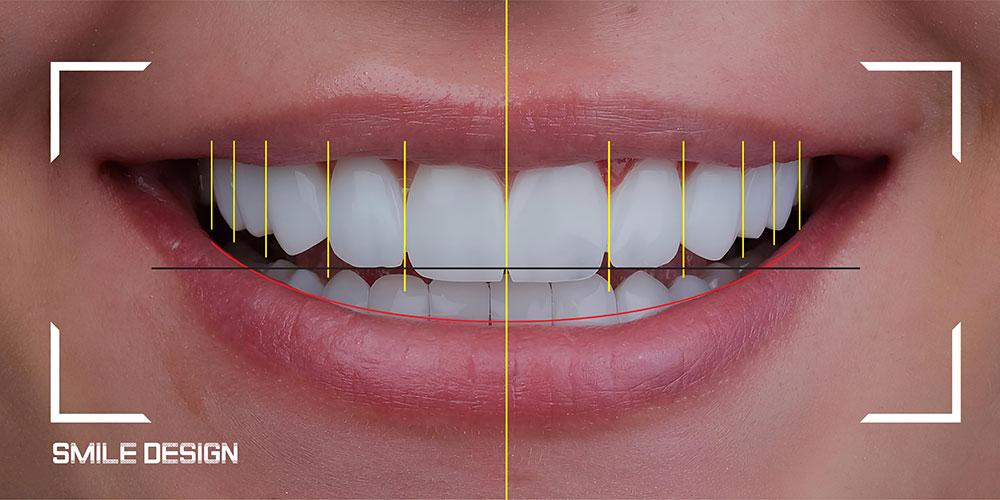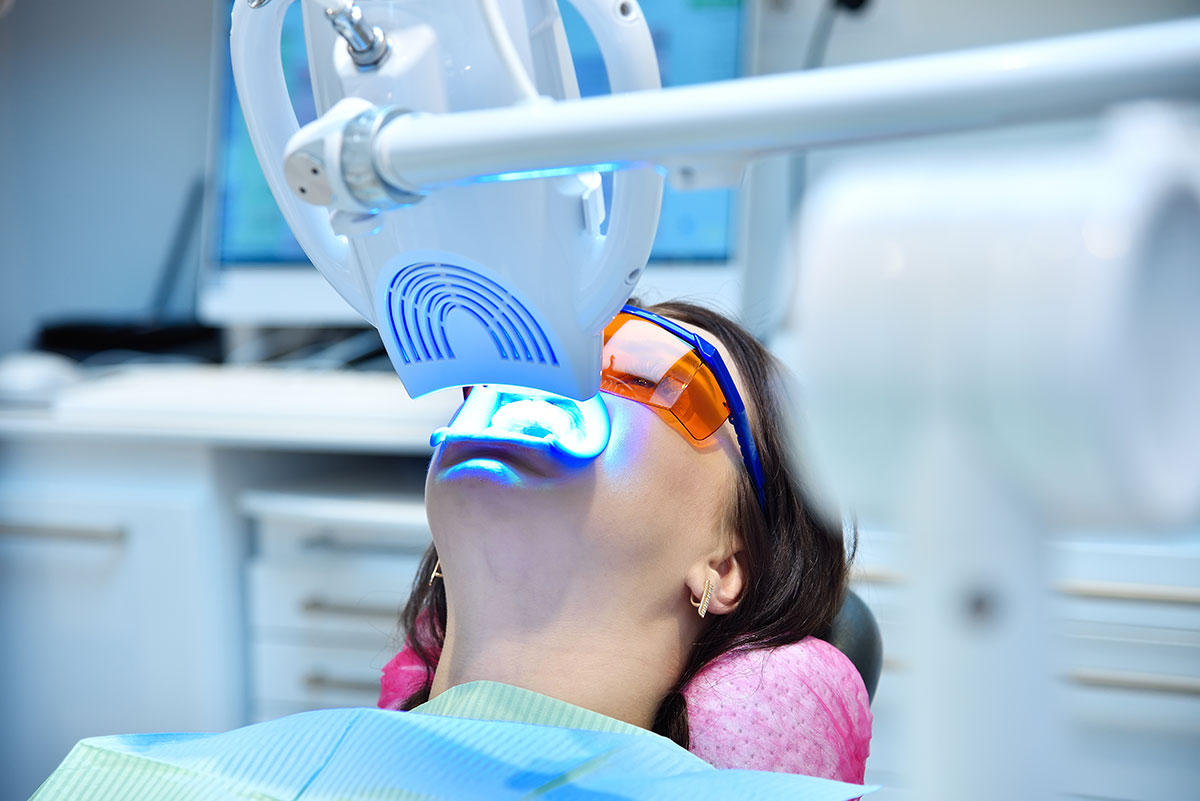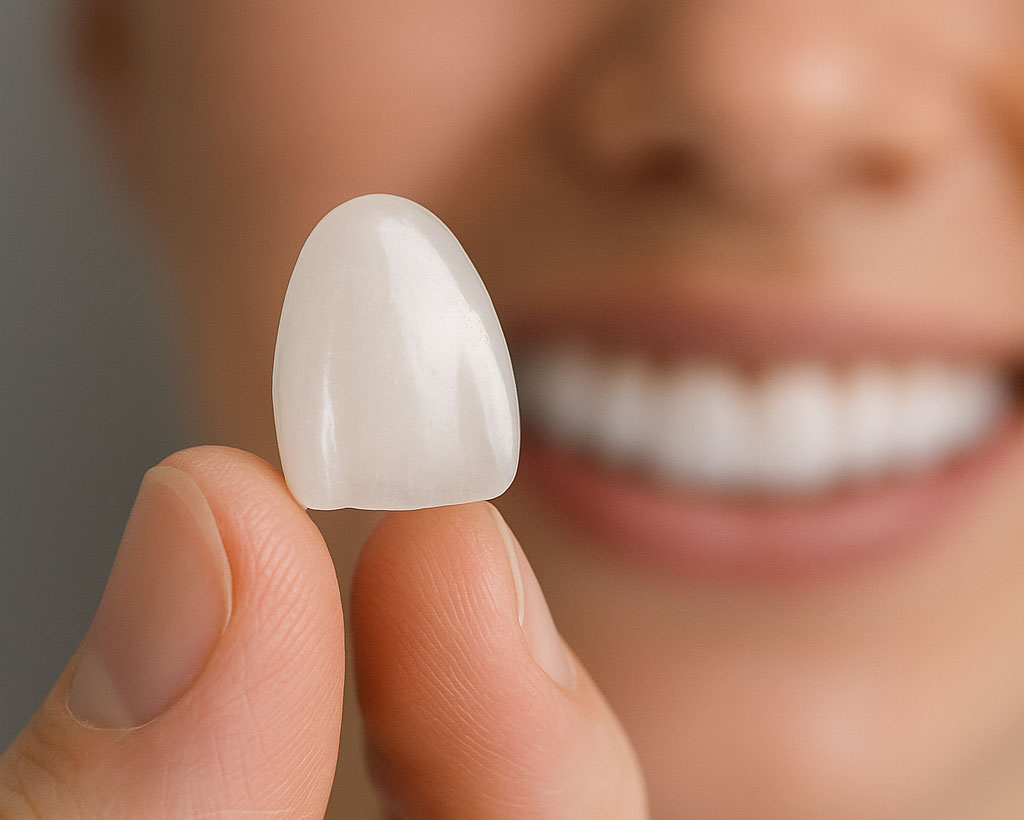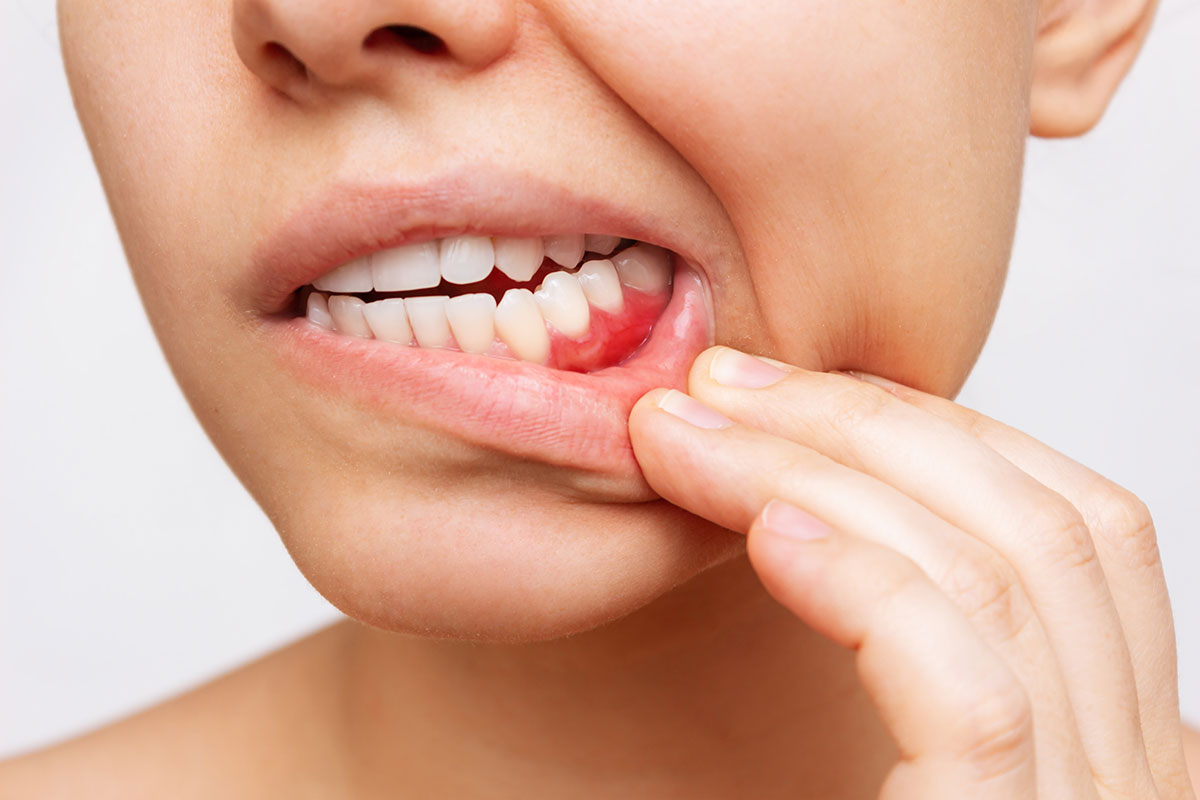Smoking not only affects the lungs and cardiovascular system, but also has serious negative consequences for oral and dental health. According to World Health Organization data, the incidence of oral diseases is twice as high in smokers compared to non-smokers. Many diseases such as gum problems, bad breath, tooth loss and oral cancers are directly related to smoking.
In this article, we will discuss the effects of smoking on oral and dental health. in a detailed and scientific way we'll take it up.
Smoking and Gum Diseases
Smoking causes serious damage to gum tissues. The nicotine and other chemicals it contains reduce blood flow to the gums, preventing these tissues from being nourished. This situation, gingivitis (gingivitis) and periodontitis (advanced gum disease) increases the risk.
-
- Impaired blood circulation: Gum tissues cannot get enough oxygen and nutrients.
-
- Weakening of the immune system: Smoking lowers the body's resistance to infections.
-
- Late response to treatment: The healing process after scaling and surgical procedures is longer in smokers.
When periodontitis progresses, the bone tissue that supports the teeth is damaged, which can lead to tooth loss it can go as far as
Bad breath (Halitosis)
Smoking is one of the most important causes of bad breath. It contains tobacco. tar and nicotine residues leaving a bad odor. Also smoking:
-
- Reduces saliva production.
-
- It causes dry mouth.
-
- Increases bacterial accumulation.
For these reasons, bad breath can become a serious problem in the social life of smokers.
Yellowing of Teeth and Aesthetic Problems
Found in cigarette smoke tar and nicotinesticks to the tooth enamel, forming stains ranging from yellow to brown over time. In regular smokers:
-
- Teeth whitening procedures have a shorter lasting effect.
-
- Permanent discoloration of the teeth may occur.
-
- Smile aesthetics deteriorate.
This situation, which is aesthetically disturbing, can also negatively affect the self-confidence of the person.
Dry Mouth and Salivary Glands
Saliva plays a critical role in oral health. It both removes bacteria and protects tooth enamel. Smoking negatively affects the functioning of the salivary glands chronic dry mouth cause.
Dry mouth leads to the following consequences:
-
- Increased risk of caries
-
- Progression of gum disease
-
- Difficulty speaking and swallowing
-
- Decreased sense of taste
Decreased Sense of Taste and Smell
Smoking weakens the taste buds on the tongue. This condition, decreased sense of taste and not enjoying food as much as before. Likewise, the sense of smell also weakens over time.
This effect is particularly pronounced in people who started smoking at a young age.
Wounds and Infections in the Mouth
Smoking predisposes to non-healing sores and fungal infections in the mouth. Especially Candida albicans This fungus is more common in smokers.
In addition, wound healing after implant or tooth extraction occurs much more slowly in smokers. This prolongs the treatment process.
Oral Cancers
One of the most serious and dangerous consequences of smoking mouth cancers. Cancers of the lips, tongue, inside the cheek, palate and throat are much more common in smokers and tobacco users.
-
- Risk of oral cancersmokers are more likely than non-smokers 6 times more.
-
- Alcohol use in combination with smoking increases this risk exponentially.
If not diagnosed early, oral cancers pose a serious threat to both quality of life and life expectancy.
Tooth Loss
When all of the above factors - gum disease, cavities, bone loss and aesthetic problems - combine, the result is early tooth loss happens. In smokers:
-
- Diş kaybı oranı %50’ye kadar çıkabilmektedir.
-
- The success rate of prosthesis and implant treatments decreases.
-
- Maintaining oral health becomes much more difficult in old age.
The Effects of Smoking on Children and Adolescents
Passive smoking is also a serious problem for oral health. When children and young people are exposed to cigarette smoke:
-
- Milk teeth are at increased risk of caries.
-
- Bad breath and gum problems are observed.
-
- Dental aesthetics deteriorate at an early age.
Therefore, it is of great importance for families to keep their children away from cigarette smoke.
Smoking and Dental Treatments
Dentists face the following challenges in patients who smoke:
-
- Teeth whitening procedures it won't last.
-
- The success rate of implant treatments decreases.
-
- Gum operations prolong the healing period.
-
- The results of aesthetic dental treatments deteriorate in a shorter time due to smoking.
For this reason, many physicians advise their patients to quit smoking before implant and aesthetic dental treatment.
What to Do to Avoid the Negative Effects of Smoking?
The only way to prevent the effects of smoking on oral and dental health is to quit smoking. However:
-
- Regular tooth brushing and flossing
-
- Dentist check every 6 months
-
- Professional scaling
-
- Drink plenty of water and prevent dry mouth
can help reduce some of the damage caused by smoking.
Smoking, oral and dental health is one of the biggest risk factors. It leads to many serious consequences, from gum disease and bad breath to aesthetic problems and oral cancer. Quitting smoking is a critical step in maintaining not only overall health, but also the aesthetics of the smile and the longevity of the teeth.
Remember: A healthy smile starts with a smoke-free life.





